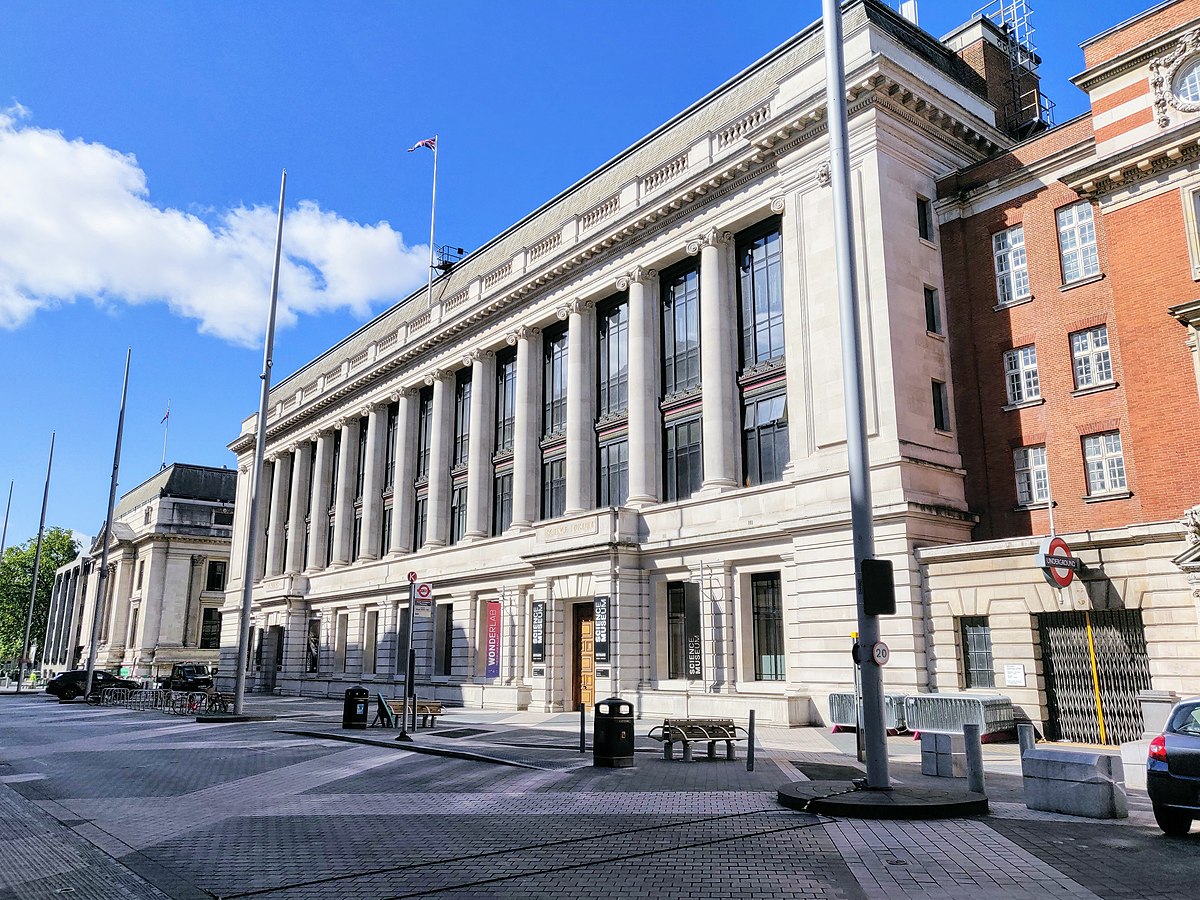The Science Museum is facing a major backlash after naming Shell as the sponsor of its flagship climate exhibition.
‘Our Future Planet’ will focus on ways of removing carbon dioxide from the atmosphere through controversial Carbon, Capture and Storage (CCS) technology and nature-based solutions, as part of a programme of events leading up to the COP26 UN climate summit in November.
The London museum is already under intense pressure from campaigners over its existing relationships with oil companies BP and Equinor, with a number of key speakers pulling out of the ongoing series of ‘Climate Talks’ in protest at the institute’s continuing polluting ties.
“It beggars belief that this iconic British institution has freely chosen to link up with Shell at such a crucial time,” said Professor Bill McGuire, Professor Emeritus of Geophysical and Climate Hazards at University College London.
“Clearly they know that they are supping with the devil, as they have existing links with BP and Equinor. I can only conclude that they simply don’t care.”
‘Fantasies’
The museum published three press releases yesterday detailing its “sustainability initiatives”, including the new exhibition. Only the final one disclosed that Shell would be a “major sponsor”.
Campaigners say oil and gas companies overstate their reliance on technologies such as CCS to justify their continued use of fossil fuels. Jess Worth, co-director of campaigns and research organisation Culture Unstained, said the sponsorship lent Shell “a dangerous legitimacy to Shell’s overstated carbon capture fantasies”.
“In reality, no oil and gas company is aligned with the targets in the Paris Agreement or is coming close to reducing fossil fuel production as fast as the climate science demands,” she said.
“When most cultural organisations have now cut their ties to oil companies, is the Science Museum really going to choose its backing for Big Oil over its own reputation in the run-up to COP26?”
Earlier this year Shell set out steps on how the company plans to reach net zero emissions by 2050, and limit end-of-century temperature rise to 1.5C. Shell said it would “seek to have access to” an additional 25 million tonnes a year of carbon, capture and storage (CCS) capacity by 2035, and to increase reliance on nature-based offsets.
The company, which was responsible for 32 billion tonnes of CO2 between 1965 and 2017, called on investors to vote for its strategy to shift the business towards cleaner energy sources this week, in spite of suggestions the proposal is not enough to meet the Paris climate agreement goals.
Dissent
Journalist George Monbiot, environmentalist Mark Lynas and comedian Robin Ince all withdrew from the museum’s ongoing series of ‘Climate Talks‘ in March, citing concern over the institute’s past and current partnerships with fossil fuel companies.
The Science Museum Group has worked closely with BP, Shell and Equinor since the early 2000s. Both Shell and Equinor sponsored separate exhibitions at the museum between 2015 and 2018, while BP now sponsors the Science Museum’s Training Academy to train teachers on how to deliver science education.
In 2015, an FOI by the Art Not Oil coalition, of which Culture Unstained is a member, revealed how Shell had tried to influence a climate change project it was sponsoring at the museum.
While the Science Museum currently remains committed to its relationship with Shell, a growing number of arts organisations have severed sponsorship ties with the Anglo-Dutch company since 2008. These include the Natural History Museum, National Gallery, Edinburgh Science Festival, National Theatre, Southbank Centre and British Film Institute.
In September last year, the art activist group Fossil Free Culture NL confirmed Amsterdam’s Museumplein was now “fossil free”, after bringing about the end of Shell’s partnerships with the Van Gogh Museum and the Royal Concertgebouw.
Andrew Simms, Assistant Director of Scientists for Global Responsibility, said: “It is staggeringly out-of-step and irresponsible for a flagship scientific institution like the Science Museum to help market an oil company which has a public record of disinformation about the climate emergency and about its own role as an energy company.
“This will be seen as tone deaf in the year the international climate talks are due in the UK and will be a decision to haunt the management of the Museum for years to come.”
Sir Ian Blatchford, Director and Chief Executive of the Science Museum Group, told DeSmog: “Science Museum Group is transparent about its long-standing relationship with a limited number of energy companies and how, in all such partnerships, we retain editorial control.”
Blatchford said the exhibition would demonstrate that “alongside reducing carbon emissions, carbon capture and storage can be one contribution in the fight against climate change”.
A Shell spokesperson told DeSmog that the company and museum had a “longstanding relationship, based on shared interests to promote engagement in science, which will be a key enabler in addressing the challenge to provide more and cleaner energy solutions”.
They added: “Our business plans need to change to make this happen. Our priority is to avoid emissions, where that is not currently possible, to reduce emissions and, only then, turn to mitigation of emissions, for example through the use of carbon capture and storage technology or nature-based solutions. We agree with the UK’s Climate Change Committee that CCS is a ‘necessity, not an option’ for the UK to reach net zero, and for Shell too.”
Subscribe to our newsletter
Stay up to date with DeSmog news and alerts







